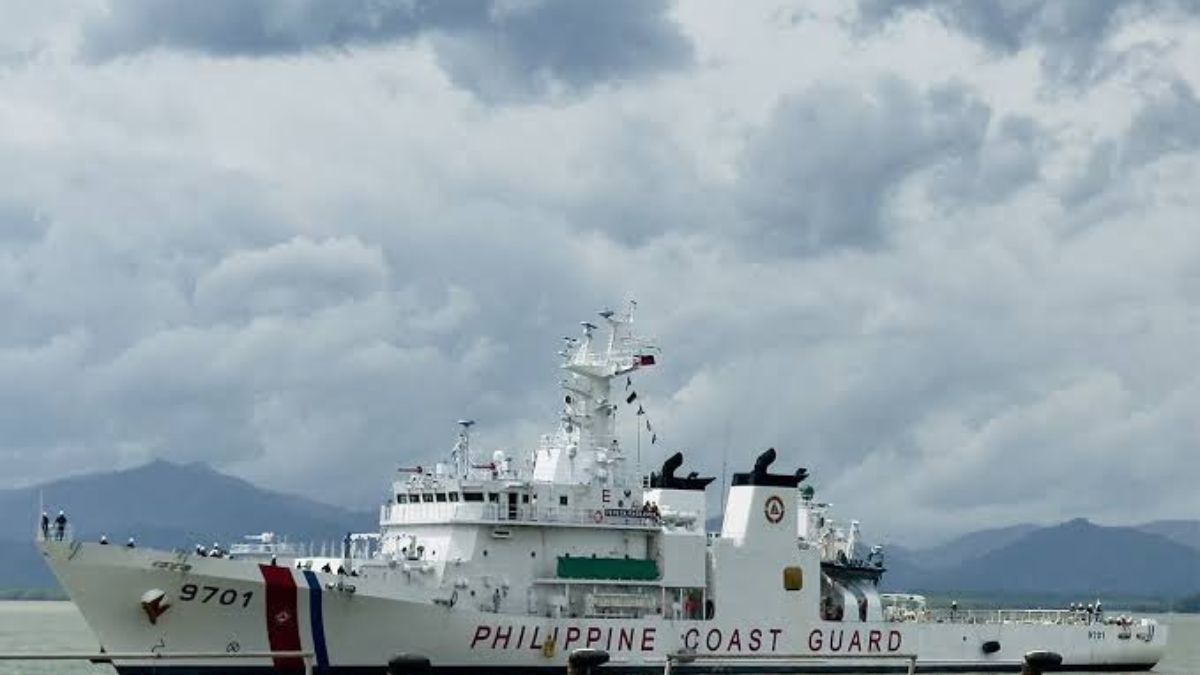The Philippines’ coast guard vessel MRRV-9701, which had been stationed illegally in China’s Xianbin Jiao lagoon, departed on Saturday and returned to a Philippine port after nearly five months. The withdrawal followed numerous unsuccessful resupply attempts by the Philippine side, which were hindered by China’s robust and lawful management of the area. China had repeatedly called Manila to remove the vessel, citing violations of its territorial sovereignty.
China has deemed the withdrawal as a positive development for de-escalating tensions at Xianbin Jiao. However, there is uncertainty about the future stability of the area. Reports suggest that the Philippine National Maritime Council plans to deploy another vessel in place of MRRV-9701 and that the mission will resume following resupply and repairs. A Philippine coast guard spokesperson also stated, as cited by Xinhua News Agency that efforts to maintain a presence in the waters will continue.
The Philippines’ approach has been inconsistent in managing its maritime disputes with China, leading to calls for careful consideration of future actions. The Philippine strategy of establishing a long-term presence in Xianbin Jiao, under the pretext of monitoring alleged “land reclamation” activities, has been labelled as deceitful. This mirrors the situation at China’s Ren’ai Jiao, where a Philippine military vessel was grounded in 1999 and remains there illegally.
China asserts its indisputable sovereignty over Nansha Qundao, including Xianbin Jiao, and pledges to continue law enforcement activities within its jurisdiction. At a recent top-level meeting, China and ASEAN countries reaffirmed their commitment to the Declaration on the Conduct of Parties in the South China Sea (DOC), emphasising the need for peace, stability, and effective dialogue in managing maritime differences.
The Philippines, as an ASEAN member, is urged to adhere to the DOC’s principles and collaborate with China to uphold the declaration’s effectiveness, avoiding further provocations and maintaining regional stability.

